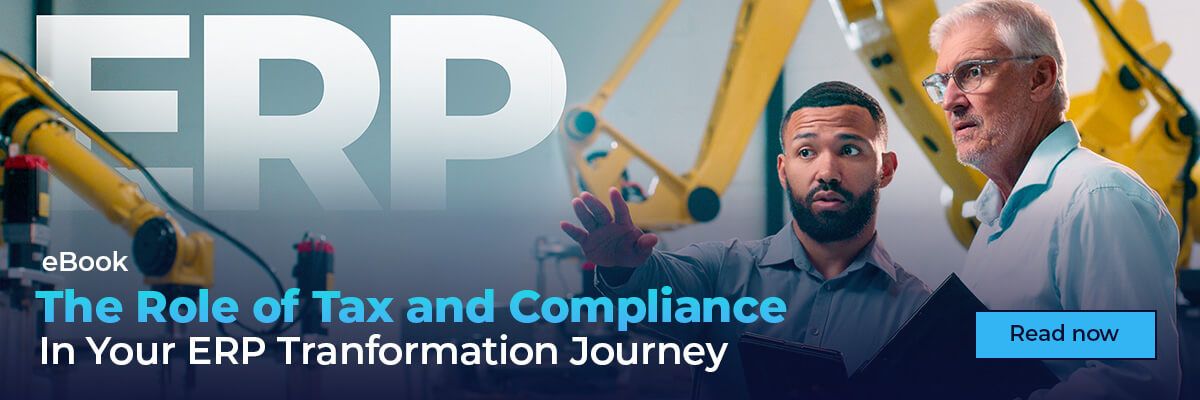This blog was last updated on January 10, 2025
Much is being made about the introduction of SAP’s ‘Clean Core’ concept and how it will impact a business’ ability to customize its ERP to meet the unique needs of its operation. In this first blog in a series taking on the issue of Clean Core, I’d like to focus on the realities of what it is, why it’s important and the reasoning behind it.
What is SAP Clean Core?
SAP defines ‘Clean Core’ as a method of integrating and extending systems in a way that is cloud-compliant, while ensuring governance over master data and business process. In simpler terms, the move to SAP Clean Core helps protect the integrity of the SAP platform by limiting the extent of customization. And for good reason.
As a software vendor, you can’t lose control of your own code because you’re allowing so much customization and additional code to be added by your customers and or their consultants. These customizations are often intended for very specific use cases that may impact only a small number of customers. A ‘Clean Core’ architecture protects the SAP platform and its customers by limiting these excessive customizations.
The Problem with Over-Customization
When a platform becomes overly customized, SAP, the platform owner, must deploy a tremendous amount of development and support resources to ensure that they are accounting for all the changes and capturing feedback from the field.
This generally requires the platform owner to be in a perpetual state of developing hot fix code patches to repair ‘breaks’ in the system brought on by over customization. While customers would only be required to implement the code patches there were relevant to them, SAP was still on the hook for developing thousands of these patches. The cost and resources of doing so were growing exponentially, and needed to be reined in.
Benefits of Clean Core for SAP Customers
As anyone who has worked in or with IT for any period of time can attest to, the most complicated environments are ones where there is a great deal of customization. Early on in Information Technology, it was the Wild West, where based on the knowledge and experience of your architect, is how your businesses network would be constructed.
Then, thankfully, platforms and standards entered the discussion and businesses were able to construct environments that enabled them to operationalize new capabilities quickly, while simultaneously lowering costs and driving down dependencies within IT departments. The position SAP is taking here, and one that I agree with, is that clean core will be the next stage in making your environment more productive and efficient.
Implications of SAP Clean Core on Taxes
One of the most significant implications of Clean Core is in tax compliance. Clean Core opens up new possibilities for businesses to employ personalized tax technology outside of their traditional SAP environments. Rather than trying to build complex coding to tackle increasingly complex tax rules within their ERPs, they can integrate dedicated tax engines that are automated and seamlessly update to changing regulatory environments.
SAP Clean Core offers businesses the opportunity to simplify their IT environments, reduce customization, and improve system stability. The implications of Clean Core on taxes are especially promising, as businesses can now leverage specialized tax technology that integrates smoothly with their SAP systems, ensuring compliance without added complexity.
Coming Next
Stay tuned for the next part in this series, where we will dive deeper into how Clean Core impacts specific tax processes. Upcoming segments will cover:
Part II: The Need for a Clean Core
Part III: Your business’ path to Clean Core
Part IV: Clean Core benefits and business performance
Part V: Eliminating Tax’ dependency on IT
